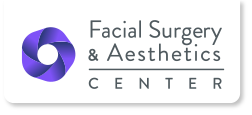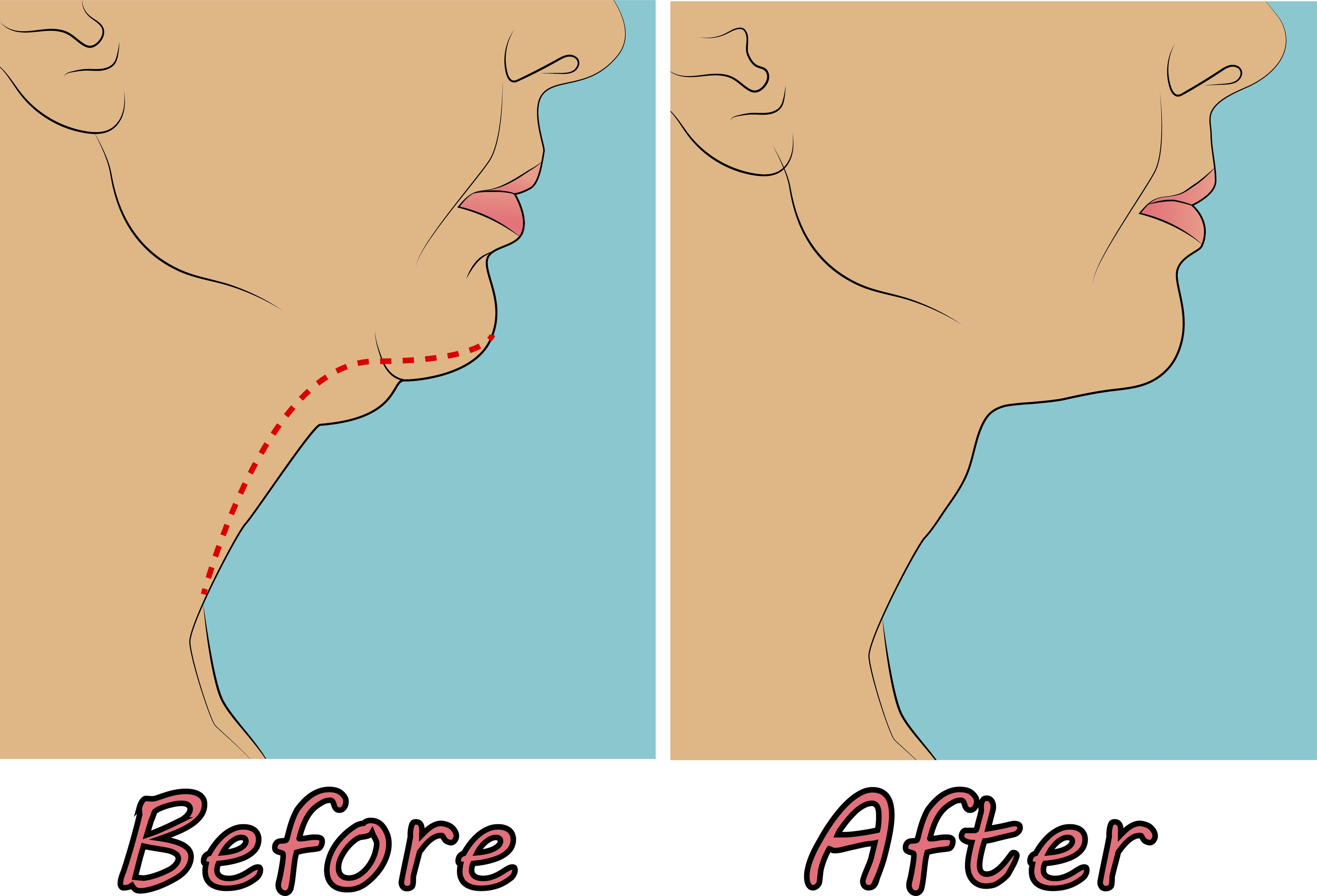
Dr. Menachof, MD, FACS has performed thousands of facial plastic surgery procedures in over 20 years of experience. He has been recognized as a Fellow by multiple academies, named one of America’s Top Facial Plastic Surgeons continually since 2003 and is featured in multiple national publications.
If you’re considering facial plastic surgery for the first time you’ve probably started researching surgeons. There are a plethora of plastic surgeons out there offering first-rate facial procedures and innovative techniques to give you the best results possible. How do you know which surgeon is right for you?
Most cosmetic surgeons will offer free consultations before you commit to any procedure. You may have only one consultation with a surgeon, or you may request a follow-up consultation before making a final decision. Either way, in the initial consultation you should discuss the same, thorough questions with each surgeon. This will help you compare them accurately and guide you to make the best decision.
 Here are seven steps to prepare for your facial surgeon consultations:
Here are seven steps to prepare for your facial surgeon consultations:
-
Research cosmetic surgeons
Start the process by researching cosmetic surgeons in your area who specialize in the procedure you’re interested in. Qualify the surgeon by making sure they’re board-certified for that specialty or area of the body. If the surgeon has before and after pictures on his or her website, look through those photos to make sure they produce good results. It is also recommended that you read the surgeon’s reviews on sites like Real Self, Facebook, and Healthgrades.
-
Set up consultations with at least three surgeons
If this is your first facial surgery and you don’t already have a trusted cosmetic surgeon, we recommend setting up consultations with at least three of the potential surgeons you researched. This will give you a good idea of what kind of surgeon you’ll feel comfortable with, the costs of the surgery in your area, and what type of results you’ll see.
-
Research your procedure
The more you know more about the procedure(s) you’re seeking before meeting with a surgeon, the more at ease you’ll feel during the consultation. This will also help save you time and ask better questions as you go through the consultation process. Of course, the surgeon should be able to answer any specific questions you have about the procedure.
-
Fill out the paperwork beforehand
When you set up a consultation, ask the secretary or nurse to email or fax you the medical paperwork in advance. Share any and all relevant information to help guarantee a safe and successful surgery. Doing this before the appointment will save you time when you get to the consultation and help you focus on more important things.
-
Make notes about the doctor’s office
When you arrive at the consultation, make notes (mental or written) about the office. Ask yourself: Is the office clean? Are the nurses, doctors, and secretaries friendly and organized? Do you feel comfortable? You will experience these things again during your pre and post-ops, so you’ll want to make sure this is the right place for you.
-
Ask your surgeon thorough, detailed questions and write down his or her answers.
Here are some helpful questions to ask potential providers as you start to search for a plastic surgeon to perform your facial procedure. Questions we recommend asking include:
- Do you specialize in facial plastic surgery?
Look for a facial plastic surgeon. Statistically, 90% of plastic surgery performed in the United States is breast augmentation and liposuction. This means that most general plastic surgeons spend less than 10% of their time performing facial procedures. Facial plastic surgeons, however, spend 100% of their time on the face and neck area, mastering the skills and techniques required to produce beautiful and natural-looking results. You may have already answered this question in your research, but double-check and ask the surgeon to ensure you are dealing with a face specialist. - What is your experience with this procedure? How many times have you done this procedure?
Experience is everything. Most facial plastic surgeries are technically difficult. Rhinoplasty, for example, takes close to 1,000 procedures before a surgeon finally understands the nuances to produce a great result. Look for a facial plastic surgeon that has extensive and documented experience performing the procedure you require. - Is this procedure right for me?
Find a surgeon who is honest with you. If the procedure you request isn’t quite right for you or won’t produce good results, he or she should tell you — or even refuse to do it. We have all seen people who have had too much plastic surgery, and we have all wondered why no one told them “no” when it became detrimental to their appearance. The right facial plastic surgeon will tell you no if something isn’t going to look good or if a procedure just isn’t a good option for you. - Do you use and stay educated on innovative plastic surgery practices?
A little innovation goes a long way. There are new techniques and technology in facial plastic surgery developing all of the time and these methods can help provide better results. Look for a surgeon who is willing to seek out education and try new methods to give you the best outcome possible. The surgeon should be able to give examples of innovative techniques they use and conferences on the subject they’ve recently attended. - Can I see your before and after photos?
Your preference for facial shapes defines how you view plastic surgery results, so choose someone with patients that have an “after” look that you like. Looking at before and after photos can help determine if you like the results a particular plastic surgeon has achieved with other patients. If you want natural-looking, healthy results, choose a plastic surgeon whose aesthetic judgment aligns with yours. If the surgeon doesn’t have before and after pictures on their website, they should at least have a binder of examples of the specific procedure for you to look through. Have the surgeon point out examples of past patients with similar physical qualities to you. - How will you prioritize my concerns?
Find a doctor who will listen. Far too often, patients have to seek a second opinion because they are unhappy with previous results. Typically, the results are actually good, but the surgeon didn’t really listen to what their patient wanted. Your facial plastic surgeon should be asking you questions such as: Why are you here? What would you like to change? What results will make you happiest in the end? Remember, this journey is about achieving the results you want. Find someone who will listen to what you are saying and prioritize the issues that are bothering you the most. - Will you help me stay focused on the bigger picture?
It can be easy to become obsessed with little details. As you look at yourself in the mirror, you concentrate only on the one, tiny imperfection that isn’t quite right. It’s helpful to have a surgeon that can help you see the bigger picture. For example, if you keep trying to get rid of that little bit of excess upper eyelid skin, you might start to look odd and unnatural. A good surgeon can be your best ally in knowing when to stop, and when to move ahead with a procedure. - What happens if the surgery doesn’t go as planned or if I’m not happy with the result? How many surgeries have you performed that have needed to be re-done?
Find a surgeon committed to your happiness. The majority of the time, facial procedures go perfectly. On the rare occasion that they do not, you need to know that your facial plastic surgeon is committed to honesty and to seeing it all the way through until you are happy with the face you see reflected in the mirror. Choose a surgeon that you trust to be there for you and provide you with the very best outcome possible. - Where will the surgery take place? Is it an accredited facility?
You can even visit the hospital or surgery center to make sure you’re comfortable with it ahead of time. - Who will perform the anesthesia?
Research the anesthesiologist to make sure he or she is qualified and has good reviews.
- Do you specialize in facial plastic surgery?
-
Download our Q&A sheet before you attend any consultations.
Print off a copy of the Facial Surgery Consultation Guided Questions for each consultation, and then compare answers. Congratulations! You’re on your way to a successful, educated cosmetic surgery experience.
This blog was originally posted in November 2018 and has been republished in 2021 with updated information.




